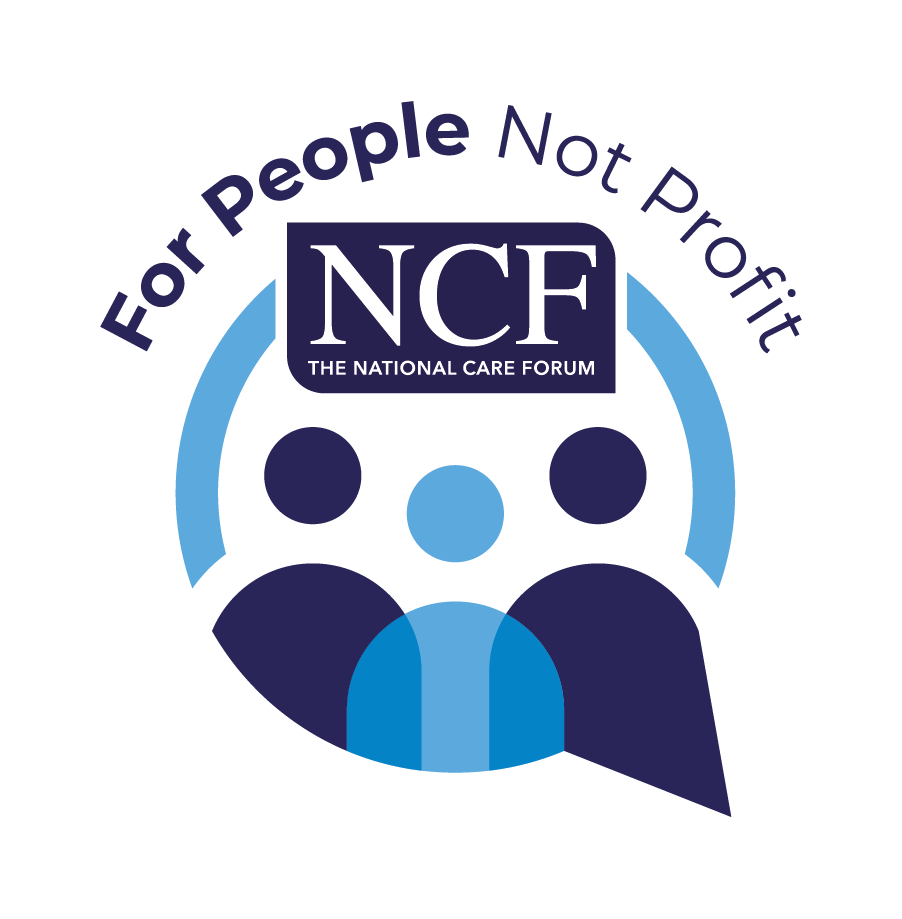Understanding the best way to pay for a parent’s or loved one’s care can be a challenging, time-consuming and an even worrisome task. There’s so much to consider and, often, not much time to make your decision. To help support you in the decision-making process, we’ve put together a list of resources and advice explaining what you need to know about funding care.
Contents
State-funded care and privately funded care
Paying for your loved one’s care
Helpful resources and contacts
State-funded and privately-funded care
When moving into a care home, there are two ways that you can choose to fund your care: state funding and private funding. To help you better understand what options are available to your loved one, and how you can approach funding their care, we’ve broken down the difference between the two.

State-funded care
State-funded care is a type of funding that you may be eligible for from your local council. There is a variation in the exact requirements that will need to be met in order to be eligible for state funding depending on where you live in the UK. In England and Northern Ireland, to apply for state-funded care, your loved one will need to:
- Have less than £23,250 in savings
- Not own their property
- In Scotland, the threshold is £28,750, and in Wales, it’s £50,000.
State-funded care: financial assessment
The process of applying for state-funded care begins with a financial assessment to discover if you qualify for financial aid. To carry out this assessment, a Financial Assessment Officer from your local council will visit your loved one’s home and ask a few questions about their earnings, savings and benefits, as well as their property and pensions.
Before the assessment, you must have all of the relevant information ready to provide to the Financial Assessment Officer, including details of:
- Their savings
- Any stocks and shares that they have
- The property or land that they own
To remove any extra stress around the process, in what is sure to be a difficult time for you both, we recommend you prepare everything in advance.
Privately-funded care
The second option is to privately fund your care, which means your parent or loved one will pay for their own care. If you choose to privately fund their care, there are two options that you can decide between:
- Arrange to pay for the care yourself, without the involvement of your local council
- Speak to your local council to arrange and pay for their care
It’s important to note that not every local council will offer the second service and, if they do, they may charge an extra fee.

Privately funded care: needs assessment
If you choose to pay for your care, your local council can still do an assessment to help you understand what care they will need. This is called a needs assessment. This assessment will help you decide the exact care requirements your loved one needs, whether it’s a paid carer for a few hours a day, a week, or a more permanent type of care.
Similarly to a financial assessment, a needs assessment will require you to speak to your local councilperson about a few specific things to help them better understand your requirements. This may include:
- How well they’re managing everyday tasks, e.g. washing, cooking etc.
- How well they do specific things like getting out of a chair?
After the assessment, your council can recommend services based on your requirements. These could be things such as:
- Equipment to help with walking
- Home adjustments, e.g. a stairlift
- Moving into a care home
- Help from a paid carer
Paying for your loved one’s care
After carrying out an assessment, to help understand your care needs, it’s time to consider what the next step would be. If your loved one isn’t eligible for state-funded care, then making a plan for how you will self-fund their care is the best place to start. We understand that social care can be expensive to organise, especially if your specific needs require a lot of time and attention. Depending on the type of care required, there are a variety of different options and payment methods that will help you both. To help understand all of the options that are available to you, we’ve broken down the main care and payment options.
The costs of moving into a care home
There are different types of care homes to meet individual needs, and with them comes a different set of costs. The two specific types of care homes available are:
- Residential homes
- Nursing homes
Residential homes offer assistance with everyday living and tasks such as getting ready, serving meals etc. Nursing homes do the same but, in addition, offer 24-hour nursing care. On average, a room in a care home will cost £600 per week for care in a residential home and £840 per week in a nursing home. However, costs will vary depending on the facilities, location and type of care needed. For more involved conditions such as dementia, the cost of care will be higher.
At Borough Care, we offer quality, dementia-friendly care across our homes in Stockport and Staffordshire. Our brilliant staff are trained to provide fantastic dementia care to residents in our luxury homes. If you’d like to find out more about our fees at our homes, please get in touch at enquiries@boroughcare.org.uk where we’ll be happy to discuss it with you.

Benefits to assist with your care funding
If your parent chooses to self-fund their care, they may be eligible for benefits, such as Attendance Allowance or Personal Independence Payment (PIP), to help make their payments.
Attendance Allowance supports those over State Pension age who have a severe disability that requires someone to look after them. To be eligible for this benefit, you must have needed help for at least six months.
PIP supports those between 16 and State Pension age who have long-term physical or mental health conditions. You can find out more about each of these benefit options on the NHS website.
Renting or selling your home to pay for care
If your parent or loved one owns their home, there are a few ways that they can use their property to pay for their care.
1. Sell their home and use the money to fund their move into a care home.
While we know that this can be a big decision to make, sometimes selling your home to pay for your care home fees is the best option.
2. Release money from their home, which is called equity release.
Equity release enables you to take money tied up in your home without selling it and is only available to those over 55. However, you would need to pay interest on the money you take out, which can become expensive.
3. Rent out their home and use the money to pay their care home fees.
If you don’t feel comfortable selling your home altogether, renting it out could be a great, less permanent option than selling.
Deferred payment scheme
Another payment option is through a deferred payment scheme. A deferred payment scheme is an agreement between you and your local council in which your council will pay for your care and, at a later date, you pay it back when you choose to sell your home. This is a particularly useful option if the person moving into the care home has less than £23,250 in savings (UK & Ireland) and their money is tied to their property. To find out if you’re eligible for a deferred payment scheme, speak to your local council.

Free support options
There are also some support options available regardless of your income or how you choose to pay for your care. Provided that they cost less than £1,000 each, you might be able to receive small bits of home equipment for free, such as:
- Walking frames
- Wheelchair access ramps
- Front door intercom systems
To find out more about what equipment could be available to you both, visit the NHS website.
What to do if your financial situation changes
If you decide that the best way to pay for your parent’s care is to self-fund it, as a result of them having over £23,250 in savings, but find that their funds drop below that threshold, you may be able to speak to your local council about receiving monetary support for their care. To do this, contact your local council three months before you think their savings will drop below the threshold and see if they will reassess their financial situation.
Helpful resources and contacts
For further support and advice in making your care funding decision, please visit the following helpful resources for care in Stockport and Staffordshire:

Advice on paying for care:
Age UK
Independent Age

Finance and assessments:
Stockport Local Council
Staffordshire Local Council

Expert financial help and advice:
Paying For Care







